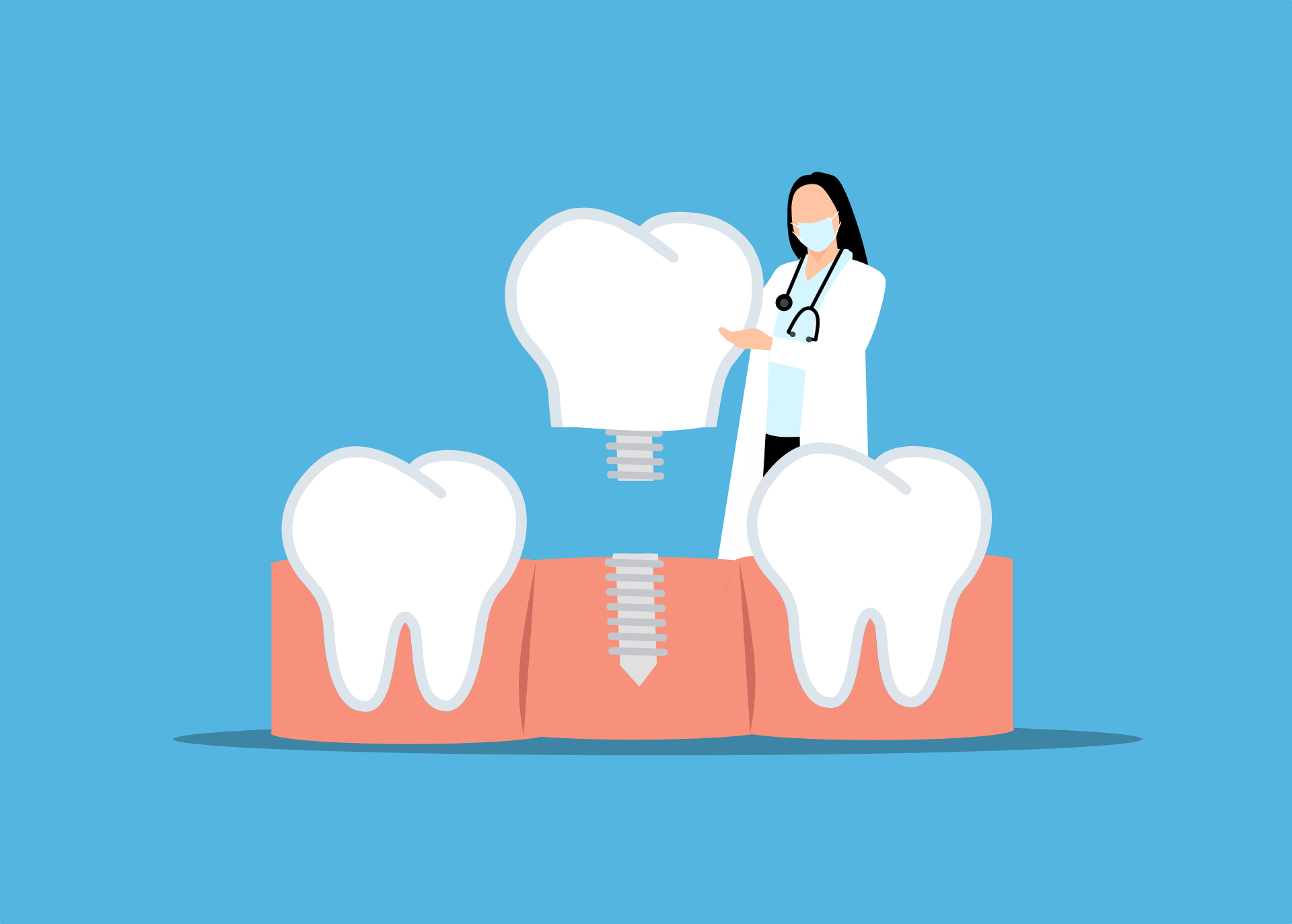Screwless Dental Implants for Seniors in Canada
Tooth loss can affect comfort and daily life especially as we age. Newer screwless dental implant designs may offer a gentler approach for seniors. Here’s what to know about how they work comfort features and important questions to ask during consultation.

What are screwless dental implants?
Screwless dental implants, also known as press-fit implants, are a modern alternative to traditional screw-based implants. These implants are designed to be inserted into the jawbone without the need for screwing or threading. Instead, they rely on a precise fit and surface technology that encourages bone growth and integration. For seniors, this can mean a less traumatic implantation process and potentially faster healing times.
How do screwless implants differ from traditional options?
The primary difference lies in the insertion method and design. Traditional implants use a screw mechanism to anchor into the bone, which can require more drilling and manipulation of the jawbone. Screwless implants, on the other hand, are often tapered and use a press-fit technique. This design can lead to less bone trauma during placement and may be particularly beneficial for seniors with more delicate bone structures or those prone to complications.
What comfort features do screwless implants offer seniors?
Screwless dental implants offer several comfort features that may be particularly appealing to older adults. The absence of threading can reduce micro-movement during healing, potentially leading to less discomfort. The implant design often allows for immediate stabilization, which can mean a more secure fit from the start. Additionally, the smoother insertion process may result in less post-operative swelling and pain, making the overall experience more comfortable for seniors.
Are screwless implants suitable for all seniors?
While screwless implants offer many benefits, they’re not universally suitable for all seniors. Factors such as bone density, overall health, and specific dental needs play crucial roles in determining the best implant type. Some seniors may have insufficient bone volume for press-fit implants, while others might benefit more from traditional screw-type implants due to their particular oral anatomy. A comprehensive evaluation by a qualified dental professional is essential to determine the most appropriate implant solution.
What should seniors consider during dental care consultations?
When considering screwless dental implants, seniors should come prepared with questions for their dental care provider. Important topics to discuss include the expected healing time, any potential dietary restrictions during recovery, and how the implants may affect existing dental work. It’s also crucial to inquire about the dentist’s experience with screwless implants specifically for older patients. Seniors should feel comfortable asking about alternative options and understanding the long-term maintenance requirements of their chosen implant type.
How do local implant procedures cater to older adults in Canada?
Many dental practices in Canada are recognizing the unique needs of senior patients and adapting their procedures accordingly. This may include offering more comprehensive pre-operative assessments to ensure optimal implant success, providing sedation options for anxious patients, and creating treatment plans that consider the overall health and medication regimens common among older adults. Some clinics may also offer specialized aftercare programs designed to support seniors throughout the healing process, including regular check-ups and assistance with implant maintenance.
When considering screwless dental implants or any tooth replacement option, it’s important for seniors to thoroughly research and consult with dental professionals to make an informed decision. While screwless implants offer promising benefits, the best choice will always depend on individual circumstances and needs.
This article is for informational purposes only and should not be considered medical advice. Please consult a qualified healthcare professional for personalized guidance and treatment.




